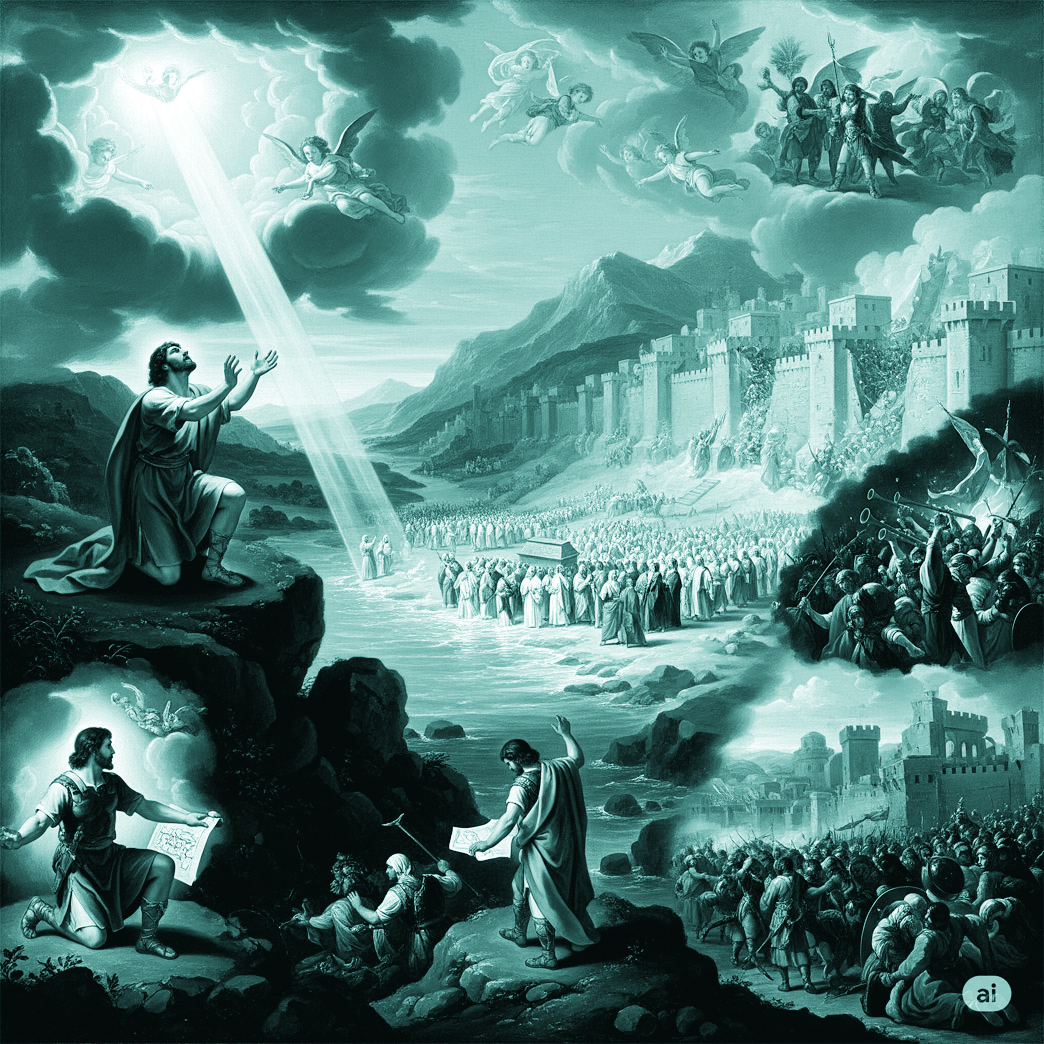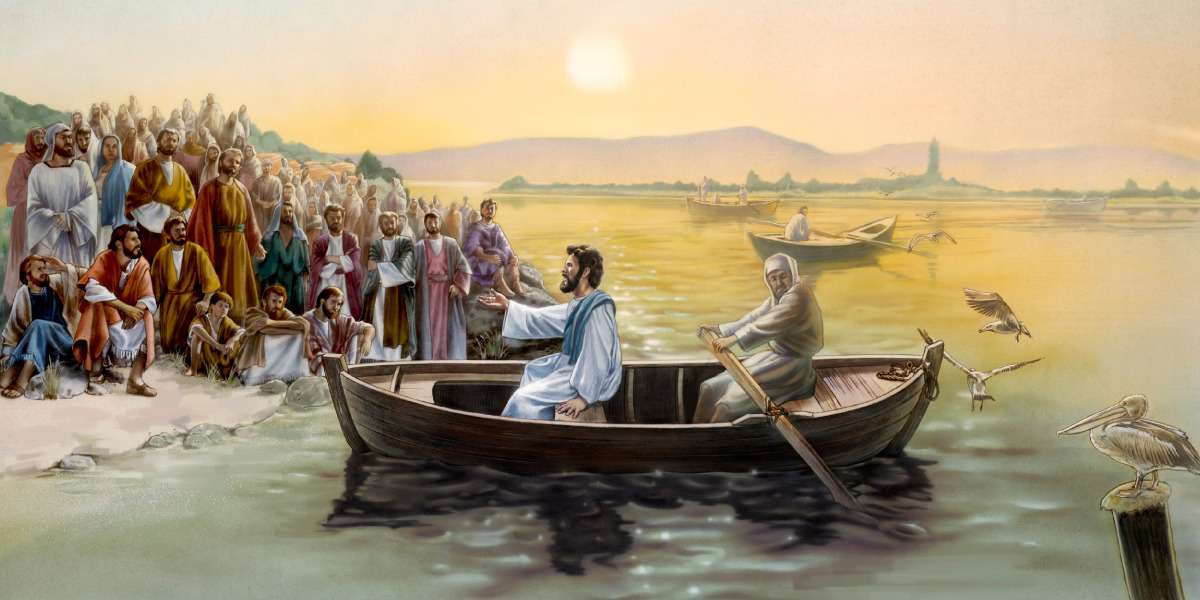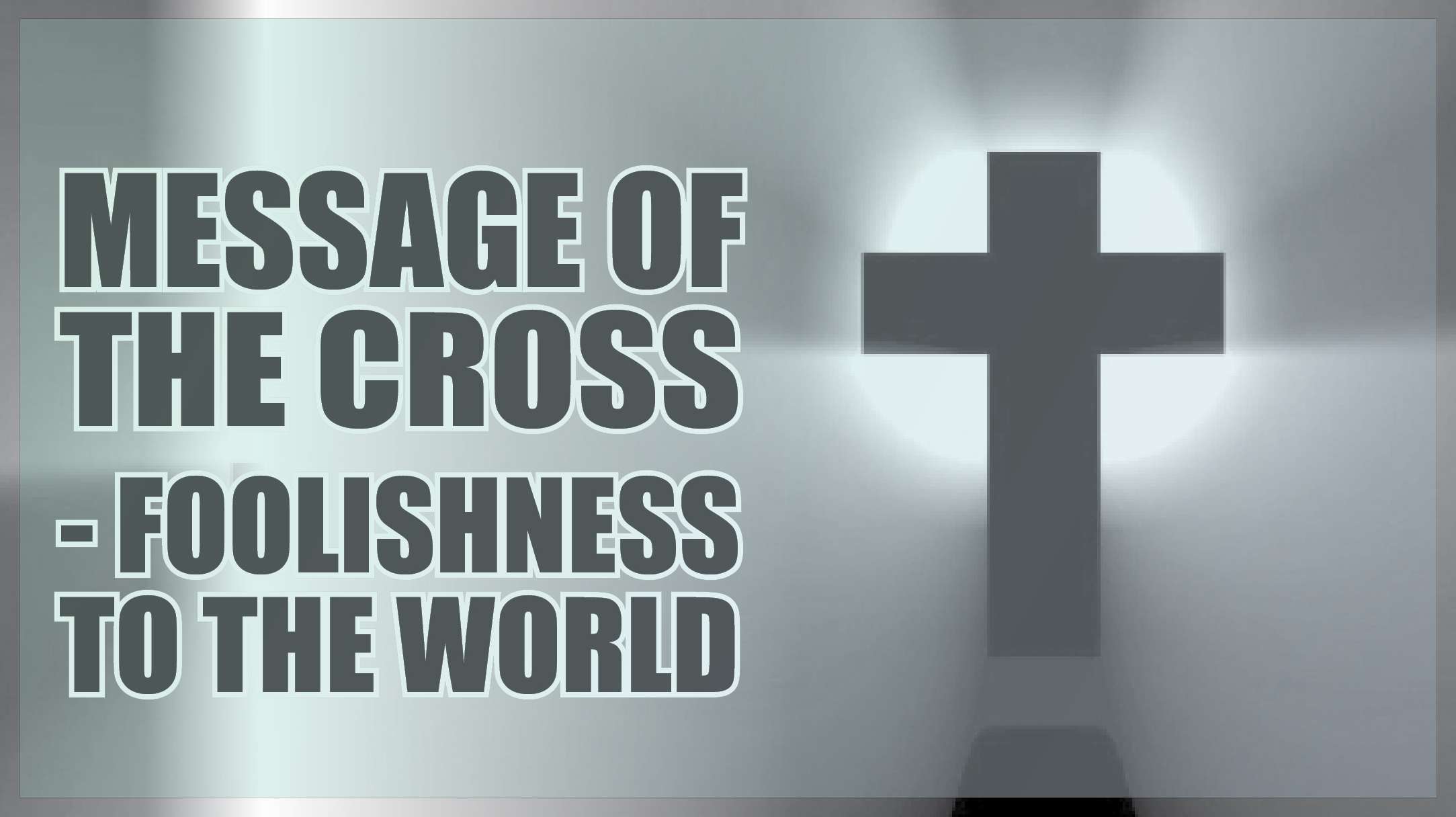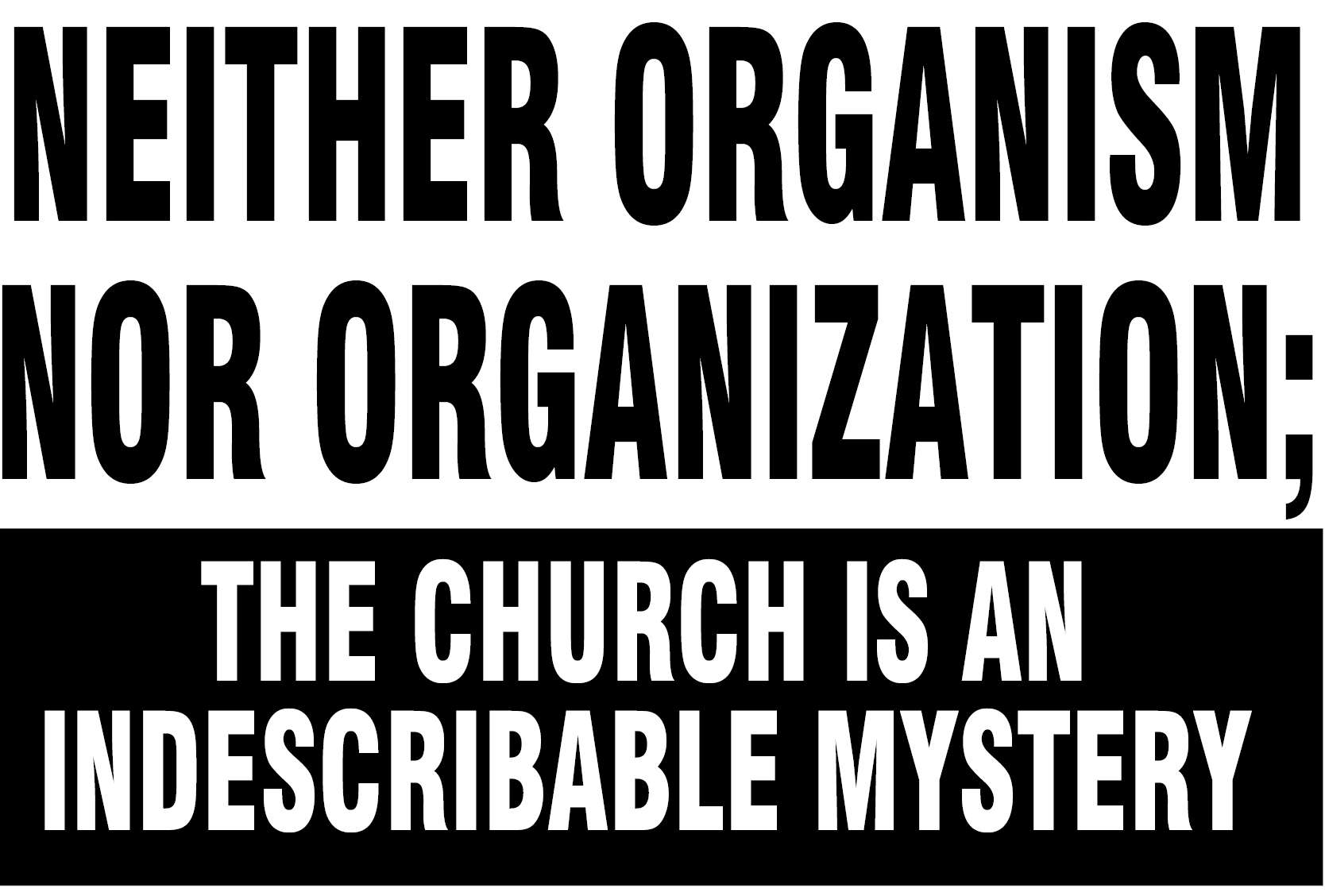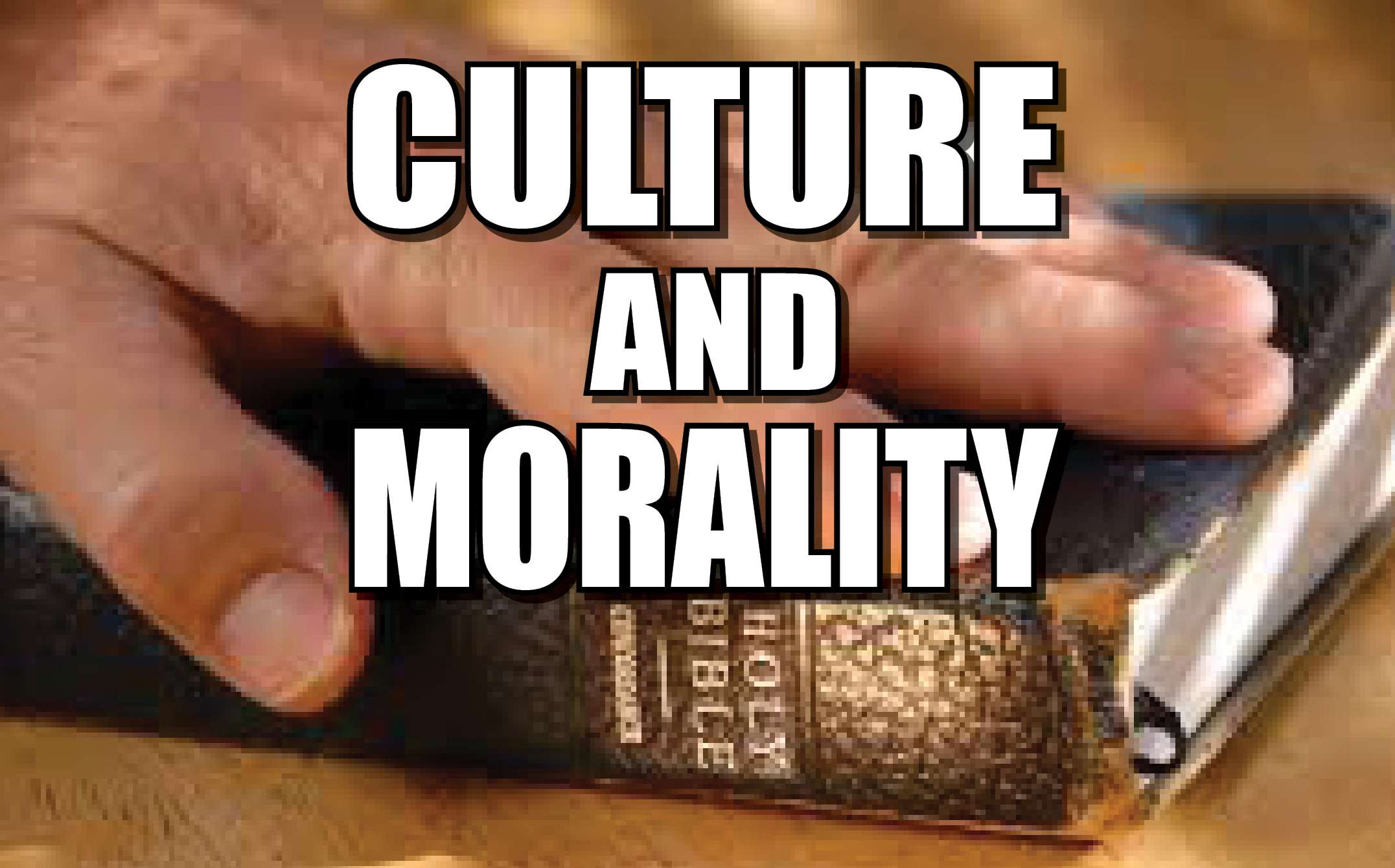

Salvation is for All Who Believe in the Lord Jesus Christ
Dr. J. N. Manokaran
I. Introduction
It is believed there are ten thousand religions in the world. The followers of religions have a goal to search and find the truth, attain salvation, attain godhood, be immersed in the ultimate soul, or become nothing (nihilism). There are numerous ideas, even contradictory to attain this. The methods also are varied, some simple, some difficult, some complicated, some adventurous, some immoral, and some even end in physical death. The Bible teaches that God has put eternity in the hearts of humans (Ecclesiastes 3:11). Hence, there are so many religions, trying to fill that vacuum by several substitutes or counterfeits.
II. What is salvation?
The Biblical understanding of salvation is not the same, as that sought by many religious people. Some people think that this life is a bondage, and death itself is salvation. For others, it is deliverance from the cycle of births. People believe that there are rebirths into this world as different species from seven to eighty-four lakhs (8.4 million) times. Some believe that life is like a candle, when the candle dies, it lights another candle. According to some philosophies, all will come to nothing. This is a rebellious philosophy that God created all out of nothing but expects all to become nothing with the spirit of Satan that is hell-bent on stealing, killing, and destroying.
2.1. The Fall
Satan disguised himself as a serpent in the Garden of Eden, sowed the seed of doubt, and seduced Adam and Eve to sin. First, the desire to be wise: It is not wrong. However, the goal of the desire was to become like God and know good and evil. Second, delight to the eyes is a pleasant process. She wanted an experience that came out of all senses. Third, to be like God, not knowing what it means to be God. The aspiration for upward mobility pulled them down. (Genesis 3:1-24)
2.2. Fear, shame and guilt
They were afraid, hid themselves; were ashamed, and made garments of fig leaves stitching them together and were guilty, and experienced spiritual death. Hence, any process of salvation must bring them back to their original state before Fall.
2.3. Three dimensions
Past: It is deliverance from the penalty of sin. Those who receive Lord Jesus Christ who died on the cross for humanity was buried, and rose again are forgiven, declared righteous, clothed with the garment of salvation, and reconciled with God. Fear, shame, and guilt are taken care of.
Present: It is deliverance from the power of sin. God gives power to defeat temptation, and sin, and be victorious. Those who fear the Lord need not fear any man or circumstances. They do not have the spirit of fear but of glory and power. Also are eternally worshipping priests.
Future: In Heaven, there would be no fear or shame or guilt, but holiness, glory, worship, joy, fellowship, and eternal peace.
III. What is sin?
Because he murdered his brother in a property dispute he was arrested and jailed. In the jail he refused non-vegetarian food, stating he was a religious person and did not eat meat. For him, eating meat was a sin, but not his anger, rage, and violent murder. However, the Bible provides a vivid picture of sin. Essentially, sin is against God’s nature.
3.1. Lawlessness: All lawlessness is sin. (I John 3:4) When people think there is no God or their God is inactive, they disregard the laws. Such a person behaves as if there is neither God nor His judgment. Not only individuals but even communities, societies, or nations could become lawless. When society approves Sati, the burning of a widow along with her dead husband is lawlessness. During the time of Judges, in Israel, each one did what they thought was right, disregarding the Law of Moses. (Judges 21:25)
3.2. All unrighteousness is sin: (I John 5:17) Righteousness is doing what is always right in the sight of God. There is no situational ethics, where a person could behave according to the context. Unrighteousness is injustice. It is a desire to break out of God’s authority, will, standards, and his divine purpose.
3.3. Negligence: Sin is to know, understand, and have the capacity to do good, but not do it willfully. (James 4:17) In other words, lack of stewardship of God’s resources and opportunities.
3.4. Evil desire: All manner of evil desire is sin. (Romans 7:8) Like gravity that pulls everything towards the earth, human nature is prone to sin. Hence, Paul writes to put to death the evil desires. (Colossians 3:5-6) A believer has to take up the cross and embrace daily death as a living sacrifice, thus putting to death evil desires. (Matthew 16:24-26; Romans 12:1)
3.5. Trespass: Paul writes that believers are made alive, as they were dead in their trespasses (Ephesians 2:1). It is straying beyond the boundaries or limits or going astray. Taking false steps or missteps lead to the wrong direction. When an athlete discards the track and runs in the next runner's track, that is trespass.
3.6. Eternal death
The Bible declares that all have sinned and fallen short of the glory of God. (Romans 3:23) There are no exceptions. Death is separation. When a person is physically dead, he is taken away from living and placed in a graveyard. The dead could not communicate with the living, hence isolated from the living. Sin causes separation from God which is spiritual death. However, God offers a way for reconciliation through the Lord Jesus Christ. Those who reject will endure the Second Death, the Eternal separation from God; condemned to the Lake of Fire along with Satan and his demons.
IV. Many ways for salvation?
The search for truth, salvation, eternal bliss…etc., has been pursued throughout the history of humanity. Tragically, many have been life-long seekers of truth, but could not discover or discern the truth. Interestingly, these unaccomplished and unattained seekers also propagate that the path they have chosen is right and solicit followers. Trusting them, are there many followers? The Lord Jesus Christ stated this as blind leading the blind and both would fall into a pit. (Matthew 15:14)
4.1. Inadequacy of many methods
Though there are many ideas, methods, rituals, and beliefs; they are inefficient and inadequate for universal application. That means, all humans could not know or follow any one method. That means salvation (even according to their definition) is available to a few, who could get these skills or knowledge or mystical powers. As God is One, so is His Way of Salvation.
4.2. Myriad of methods
Here are some methods or ideas that are proposed for eternity, that are not universal, hence should be rejected.
Gnana marga: This is the path of knowledge, against ignorance. It is not about sin or shame, the problem according to this belief is ignorance. For them, true knowledge, not intellectual is to know the unity of Brahman (God) and at man (human) by rejecting the illusion (Maya), of the world. It is possible, only for those who have access to that knowledge and scriptures. As even scriptures are forbidden for most humanity, a majority will be deprived of reaching salvation through this method.
Bhakti marga: It is choosing to express extreme devotion to a personal god/goddess. Sometimes, it is extreme forms of devotion including piercing the tongue, reaching the temple by rolling on the road etc. This also is not for all people to practice.
Karma marga: This is to faithfully do the work or duty of the caste one is born. If he is born into a cobbler family, he should fulfill the duty of a cobbler. Also, he should renounce the fruit of all works. Duty to be done without the expectation of fruit. Reward or remuneration, eschewing any other aspiration, which only very few people are willing to try.
Tapasya: Some people wish to attain unity with God by hard penance. They practice for years together with high concentration. They control their bodies with their minds. Some sit in the snow mountains unaffected by cold or sit or stand in difficult postures, and some are unmindful of their surroundings which could be filthy. Again, this is possible by very few people.
Pilgrimage: In some religions, undertaking a pilgrimage to one or a few holy sites to believed to earn their salvation. The pilgrimage is expensive, and most people cannot afford it.
Sacrifice: Like Judaism, many religions and cults practice ritual sacrifice. The priests may suck and drink the blood of the animal or could be slaughtered with blood. The sacrifices of Judaism pointed towards the sacrifice of Lord Jesus Christ, who is the ultimate and only sacrifice acceptable to God for the salvation of humanity.
Good works: Others believe in good works. That could be feeding cows, crows, doves and sheltering stray animals. Few others may help people in need like providing food or helping poor children to get an education.
4.3. Salvation: Grace, Faith, and Gift
Paul writes: “For by grace you have been saved through faith. And this is not your own doing; it is the gift of God.” (Ephesians 2:8)
Grace: Justice is receiving the punishment all sinners deserve; Mercy is not receiving the punishment all sinners deserve; Grace is God taking initiative to show mercy and grant forgiveness to sinners. Someone said that grace is God’s mercy towards Ill-deserving, Nil-deserving, and Hell-deserving sinners.
Gift: The grace cannot be earned, it cannot be borrowed, and it cannot be stolen. It can only be received in faith as a gift of God.
Faith: Christian faith is not a blind faith. It is not faith on faith itself. Some think that their faith is so strong to altar destiny and eternity. They are tragically mistaken. The Faith is not based on philosophy or speculations. It is not a theory or formula. But it is based on the Person Lord Jesus Christ. The Son of God is the second person of the Trinity. He incarnated and was born of the virgin Mary in Bethlehem. On the Cross of Calvary, he died shedding His blood as the Lamb of God, the substitute for humanity. In the Garden tomb he was buried but rose again on the Third day. He appeared for forty days to over five hundred people. As people watched, He ascended to heaven in the clouds. Angels declared that he will come again in the same manner he was taken up to heaven.
V. Feasibility and Possibility
The Gospel embraces the whole world, all humans irrespective of their age, background, race, caste, clan, nationality, gender, education, or economic status.
5.1. Invitation
God invites all people to come and taste His goodness, love, and power. “Oh, taste and see that the Lord is good! Blessed is the man who takes refuge in him!” (Psalms 34:8 ESV) This is not only an invitation but a challenge for those who do not even believe in Him. Those who take refuge in Him are blessed. Lord Jesus Christ invited all those who were burdened to come and experience his Shalom, peace, and rest. (Matthew 11:26) Those who do not have money could come to Him and have Bread and Water for free. (John 6:35-38)
5.2. Free
All good things God gives to humans are free. Oxygen is provided for all humanity. When a person is sick, if there is a need to administer oxygen, is expensive. Water is an abundantly available resource. God sends rain on the righteous and unrighteous without partiality and provides it for free. (Matthew 5:45) As in the natural realm, so it is in the supernatural realm or spiritual realm. God’s gift of salvation includes forgiveness of sin, the gift of the Holy Spirit, eternal citizenship in His Kingdom, and eternal dwelling in Heaven. This is a Free Gift, as God has paid for the same. Father God sent His Son to die for the atonement of humanity. Son of God paid the price, accepting the wages of sin, the death by shedding his last drop of blood. He was buried, rose again, and ascended to Heaven. Seated at the right hand of the Father, he intercedes for His people. The Holy Spirit has been poured on the Church to indwell in believers and also work in the world to prepare the hearts to receive the seeds of the gospel.
5.3. Basis of faith alone
What is required of a person to receive this great salvation? God requires faith. “And without faith it is impossible to please him, for whoever would draw near to God must believe that he exists and that he rewards those who seek him.” (Hebrews 11:6) First, a person should believe, that God exists. Second, he should draw near to Him, or approach Him as God demands. That is to repent from sin, forsake sinful ways, accept that s/he is a sinner, and acknowledge that the Lord Jesus Christ died on the cross as a substitute for her/him. Third, expect rewards or gifts of salvation, shalom, and all His divine blessings.
5.4. Possible for all
To trust in God the Father, the Son and the Holy Spirit is possible for all humans. Just as they are, they ought to come. There are no fees, penance, sacrifice, offerings, pilgrimage, alms, fasting, lamenting…only faith is required, and anyone can exercise this. Hence, the Only Living God has Only One Way of Salvation and can be accessed by anyone who approaches in faith. Whosoever believes in Him will not perish. (John 3:16) Those who call upon the name of the Lord will be saved. (Romans 10:13)
VI. Conclusion and Challenge
The Bible attests that God is the Creator, Redeemer, and Judge. The Holy God cannot compromise with sin by letting go of sin unpunished. In His mercy, He sent His Son to substitute and bear the judgment on the Cross of Calvary. The Lord Jesus Christ demonstrated His love for humanity and Resurrection attested His divinity and power to save. The only way and the only Name is the Lord Jesus Christ. The principle of faith to receive salvation applies to all humanity and those who call upon His name, have faith, and take refuge in Him will be saved.

